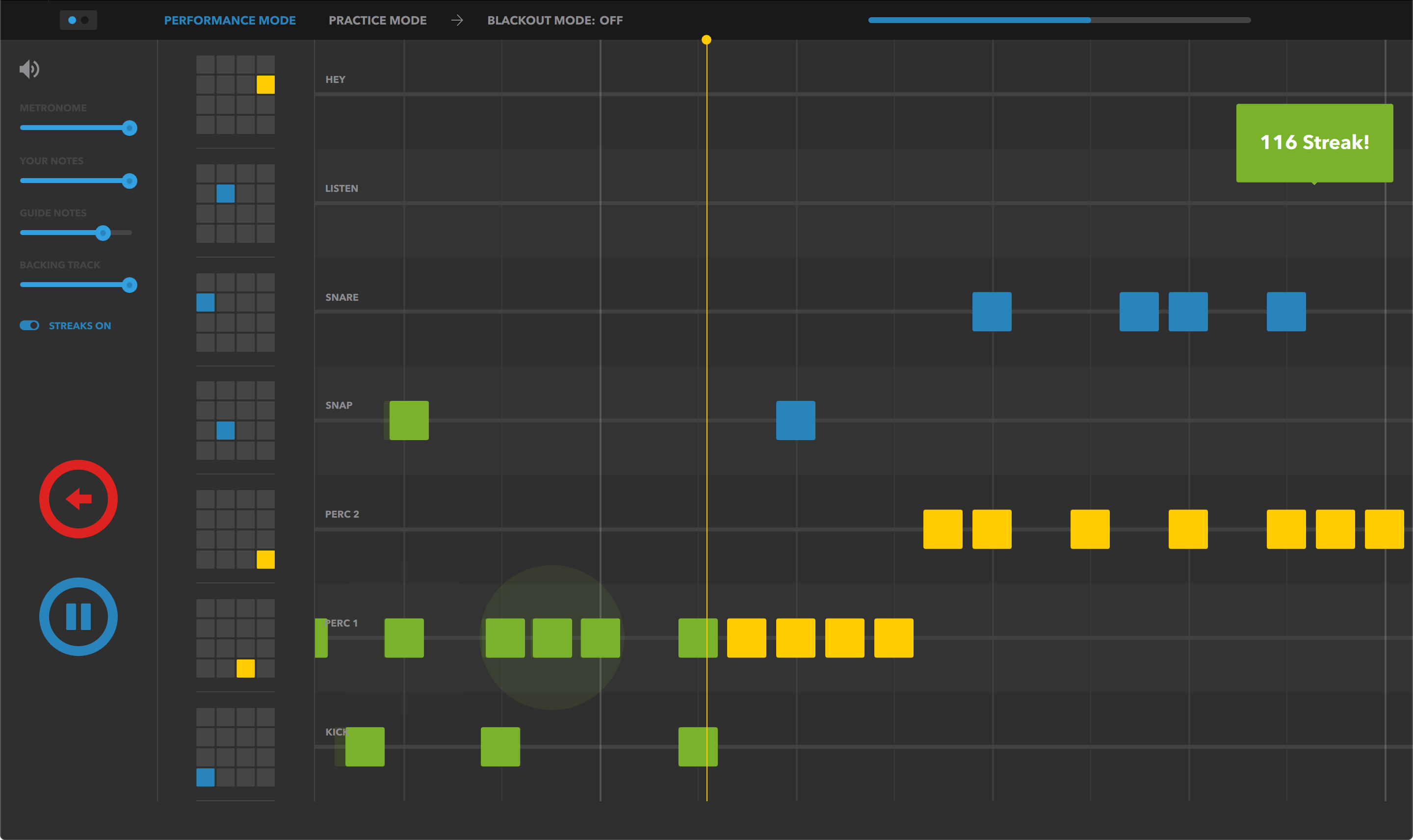In the fast-evolving world of music production, staying updated with the latest techniques and tools is crucial. Whether you're a beginner or an experienced producer, access to quality educational resources can significantly enhance your skills. Below are 10 essential educational resources that every music producer should explore.
1. The Producer School YouTube Channel
Overview:
The Producer School YouTube channel offers a wealth of tutorials and tips for music producers of all levels. The channel covers a wide range of topics, from sound design and mixing to music theory and production techniques.
Benefits:
With a focus on practical, hands-on learning, The Producer School is an excellent resource for producers looking to deepen their understanding of various production aspects. The videos are easy to follow and provide actionable insights that you can apply directly to your projects.
Link:
The Producer School YouTube

2. Syntorial
Overview:
Syntorial is an interactive software that teaches you how to design synth patches by ear. It’s a highly effective tool for learning sound design and synthesis, offering a hands-on approach that combines theoretical knowledge with practical application.
Benefits:
By using Syntorial, you can develop a deeper understanding of how synths work and how to create the sounds you envision. The software’s step-by-step lessons are designed to build your skills gradually, making it suitable for both beginners and more advanced producers.
Link:
Syntorial
3. Melodics Keyboard Learning
Overview:
Melodics is an interactive app that helps you improve your keyboard playing skills. It offers a wide range of lessons tailored to different skill levels, focusing on various genres and playing techniques.
Benefits:
Whether you’re a beginner looking to learn the basics or an experienced player aiming to refine your technique, Melodics provides a fun and engaging way to practice. The app’s real-time feedback helps you track your progress and stay motivated.
Link:
Melodics Keyboard Learning
4. We Electronic Community
Overview:
We Electronic is an online community that connects music producers from around the world. The platform offers a space for producers to share knowledge, collaborate on projects, and access exclusive tutorials and resources.
Benefits:
Joining a community like We Electronic can provide valuable networking opportunities and access to insider tips and techniques. It’s an excellent resource for staying inspired and motivated, especially if you’re looking to connect with like-minded producers.
5. Musiclab by Google
Overview:
Musiclab by Google offers a series of interactive experiments that make learning music fun and accessible. The platform includes tools for rhythm, melody, harmony, and more, designed to help users explore fundamental music concepts.
Benefits:
Musiclab is particularly useful for beginners and younger learners who want to get a hands-on introduction to music theory and composition. The experiments are simple yet powerful, making them a great starting point for anyone interested in music production.
Link:
Musiclab By Google
6. Soundgym
Overview:
Soundgym is an online platform that offers ear training exercises specifically designed for music producers. The platform features games and challenges that help you develop critical listening skills, such as identifying frequencies, dynamics, and effects.
Benefits:
Improving your ear training with Soundgym can significantly enhance your ability to mix and master tracks. The platform’s gamified approach makes learning fun and engaging, ensuring that you stay motivated as you progress.
Link:
Soundgym

7. Reading Books on Music Production
Overview:
Reading books is a timeless way to deepen your knowledge of music production. For example, "Music Habits: The Mental Game of Electronic Music Production" by Jason Timothy offers insights into the psychological aspects of production, helping you overcome creative blocks and enhance productivity.
Benefits:
Books like this one provide in-depth perspectives that are often not covered in tutorials or courses. They can offer valuable advice on the mental and creative aspects of music production, helping you to build better habits and sustain long-term success.

8. Splice Blog
Overview:
The Splice Blog is a comprehensive resource for music producers, featuring articles on a wide range of topics including production techniques, gear reviews, industry news, and artist interviews.
Benefits:
Regularly reading the Splice Blog can keep you updated on the latest trends and techniques in the music production world. The blog’s diverse content ensures that there’s something for producers of all levels and interests.
Link:
Splice Blog
9. Beatportal
Overview:
Beatportal is the editorial arm of Beatport, offering news, features, and tutorials focused on electronic music production. The site provides insights into the latest trends, new releases, and in-depth interviews with leading producers.
Benefits:
Beatportal is an excellent resource for staying informed about the electronic music scene. Whether you’re looking for inspiration or wanting to learn new techniques, Beatportal offers a wealth of information tailored to electronic music producers.
Link:
Beatportal
10. Zen World YouTube Channel
Overview:
Zen World is a YouTube channel dedicated to sound design and music production tutorials. The channel covers a wide range of topics, with a focus on creating sounds using popular synths like Serum and Diva.
Benefits:
Zen World’s tutorials are highly detailed and well-explained, making them a great resource for producers looking to improve their sound design skills. The channel’s content is particularly valuable for those who want to learn how to create professional-quality sounds from scratch in various .
Link:
Zen World YouTube
Conclusion
Whether you’re just starting out or are a seasoned producer, these 10 educational resources provide valuable knowledge and insights to help you improve your music production skills. From interactive tools and communities to in-depth tutorials and literature, there’s a resource here for every type of learner.
Learn With Our Resources
Expand your production skills with our sounds and tutorials:
- Free Project Files - Study complete productions in Ableton & FL Studio
- Free Sample Packs - Practice with professional sounds





